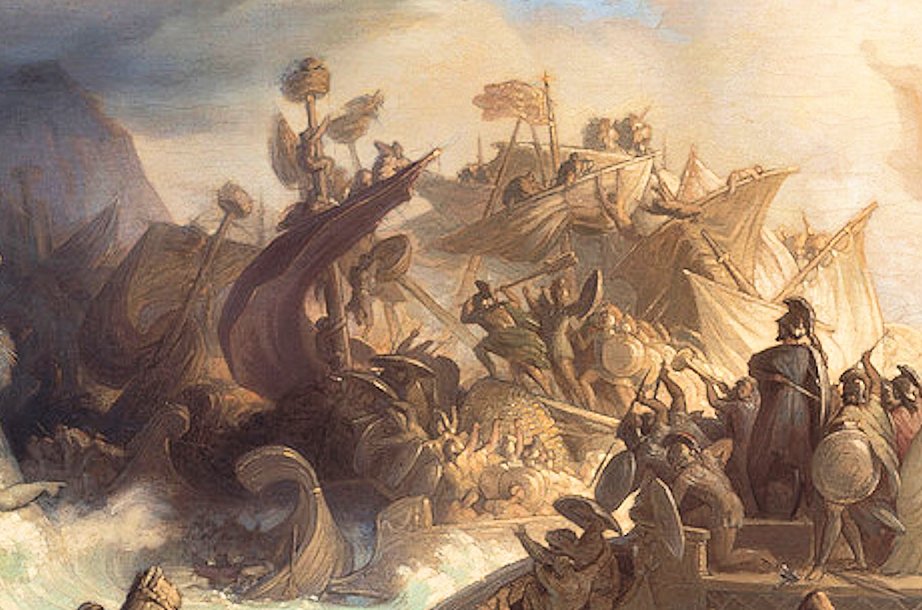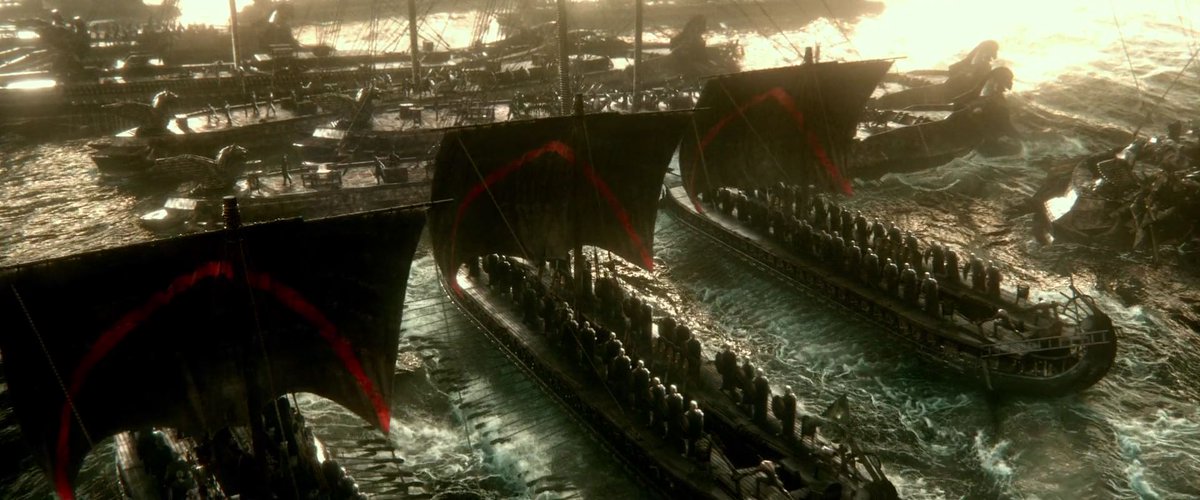
Ancient Historian: Global history, emotions and violence, veteran studies, etc.
Founder: @BadAncient
Newsletter: https://t.co/EIcPRdEvVY
How to get URL link on X (Twitter) App



 First things first, #molonlabe is not a thing. Leonidas did not say it, and Spartans did not agree with citizens or anyone else bearing arms around the city . . . what if the helots got hold of them! 2/10
First things first, #molonlabe is not a thing. Leonidas did not say it, and Spartans did not agree with citizens or anyone else bearing arms around the city . . . what if the helots got hold of them! 2/10
 As you know from previous threads, the Persian forces had taken Themopylai and their navy had survived the battle at Artemision.
As you know from previous threads, the Persian forces had taken Themopylai and their navy had survived the battle at Artemision.
https://twitter.com/Roelkonijn/status/1300070780185739264?s=20



 Was this a united Greek fleet, in support of Leonidas' troops on land, standing against the Persian enemy: West vs East, good vs bad, freedom vs oppression?
Was this a united Greek fleet, in support of Leonidas' troops on land, standing against the Persian enemy: West vs East, good vs bad, freedom vs oppression?https://twitter.com/ancientwarfare/status/1287578796762243072If we assume they joined their tribe, so two other demes, we potentially have ca. 4,000 in one tribe which is almost 1/3 of Athens' hoplite strength at the beginning of Pelop. War. The pandemei was a system for emergency or quick planning, used to override the very slow
https://twitter.com/WorkingOTseries/status/1275548327887724544What they could not do was communicate with the gods. That was the role of an oracle or a prophet. What made the mantis' job so hard was most of what they did was within the realm of anyone's capability./2
https://twitter.com/Moudhy/status/1274980031736025088Pindar discussing (guessing) the meaning of an eclipse (Paean 9): 'Are you bringing a portent of some war, or the failure of crops, or a mighty snowstorm beyond telling, or murderous civil war'
https://twitter.com/PostOpinions/status/1250106948814503936The plague came during the Archidamian War (431-421 B.C.). A war Athens dominated at sea, and in the wider Greek world, but allowed Sparta to do its one strategy - annual raids of Attica (lands around Athens) before returning home after a few weeks. 2/12